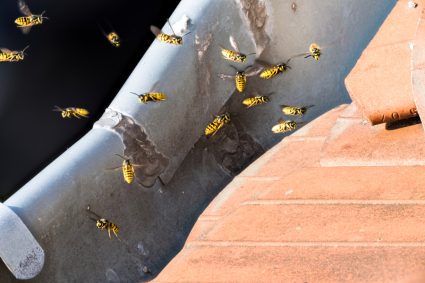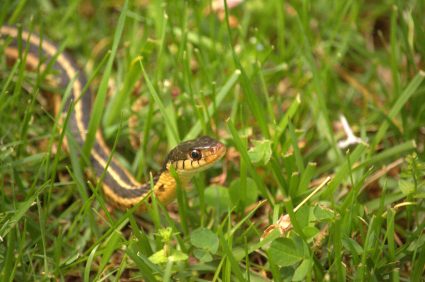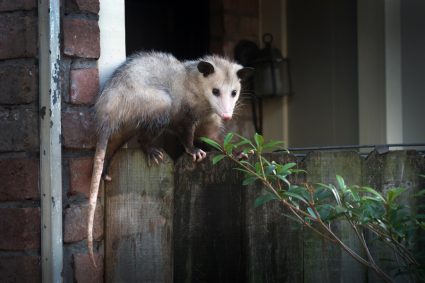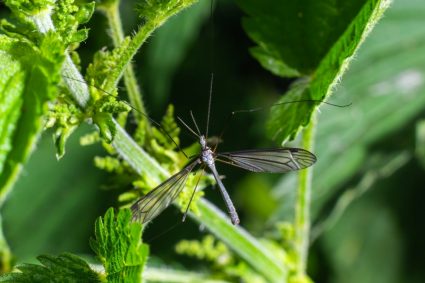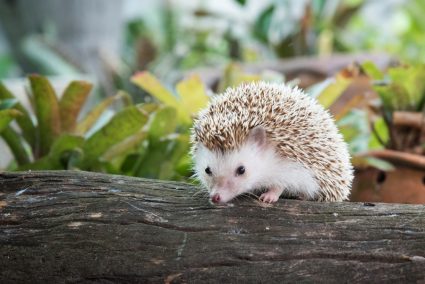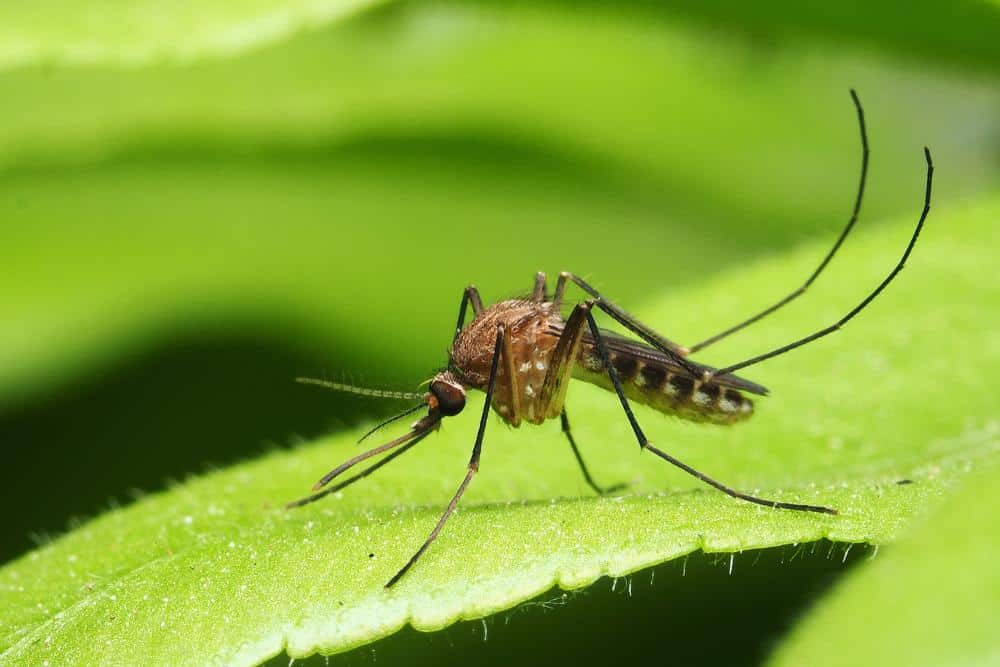
Understanding the behavior of mosquitoes, particularly where they go during the day, can be crucial for developing effective mosquito control strategies. This article will delve into this topic, providing an in-depth analysis that covers various aspects, including the preferred daytime habitats of mosquitoes, factors influencing their behavior, their adaptive mechanisms, and the impact of human activity on their daytime habits.
During the day, mosquitoes typically seek shelter in cool, humid, and shaded places to escape harsh sunlight and dehydration. Common daytime hiding spots include deep shrubbery, tall grasses, under decks, gutters, ponds, planters, hollow areas of trees, and densely wooded areas. Their daytime behavior is influenced by various factors and they have adaptive mechanisms to protect themselves. Human activity also significantly impacts their daytime habitats.
Daytime Habitats of Mosquitoes
During daylight hours, mosquitoes generally seek shelter in cool, humid, and shaded places to escape harsh sunlight and dehydration. Here are some common daytime hiding spots for mosquitoes:
- Trees and shrubs: Deep shrubbery and foliage provide mosquitoes with shade and humidity.
- Tall grasses: These areas offer a moist and shady environment for mosquitoes to rest.
- Under decks: The space beneath decks can provide an ideal breeding and resting spot for mosquitoes.
- Gutters and eavestroughs: These areas can collect water and provide a suitable environment for mosquitoes.
- Ponds and puddles: While mosquitoes are not usually found in water during the day, they may still be present in these areas.
- Planters and pots: Mosquitoes can hide in the moist soil and shaded areas provided by planters and pots.
- Hollow areas of trees: These spaces can collect water and provide a suitable environment for mosquitoes.
- Densely wooded areas: Mosquitoes seek shade in these areas, which tend to hold more moisture.
Factors Influencing Mosquito Behavior
Mosquito behavior is largely driven by several factors, including human attractiveness, environmental factors, mosquito genetics, their resting behavior, circadian rhythms, feeding behavior, and human defensive behaviors.
For instance, mosquitoes exhibit daily rhythms in various activities, such as gene expression, metabolism, pupation, and biting behavior, which are driven by their internal circadian clock. These rhythms significantly influence their interactions with humans and other hosts.
Adaptive Mechanisms in Mosquitoes
Mosquitoes possess several adaptive mechanisms to protect themselves during the day. Most mosquito species are crepuscular, meaning they are most active during dawn and dusk and rest in cool, shaded places during the day to avoid direct sunlight and desiccation. Some mosquito species also exhibit distinct flight strategies to escape looming threats from defensive blood hosts or predators.
Impact of Human Activity on Mosquitoes
Human activity can significantly impact where mosquitoes go during the day. Urbanization, land-use changes, and human-driven transformations can affect mosquito behavior, life cycle, and the availability of suitable resting places.
In conclusion, understanding the daytime behavior of mosquitoes can significantly contribute to devising effective mosquito control strategies. By maintaining our surroundings and eliminating potential mosquito habitats, we can greatly reduce their population and the risk of mosquito-borne diseases.
Remember, prevention is always better than cure. So, let’s make our environment unfavorable for mosquitoes and stay safe.
Frequently Asked Questions
What time of the day are mosquitoes most active?
Mosquitoes are most active during dawn and dusk. This is because most mosquito species are crepuscular, meaning they prefer to rest in cool, shaded places during the day to avoid direct sunlight and dehydration.
How does human activity affect mosquito behavior?
Human activity such as urbanization, land-use changes, and other transformations can significantly impact mosquito behavior and life cycle. These activities can alter the availability of suitable resting places for mosquitoes, thereby affecting their population and spread.
Why do mosquitoes bite?
Only female mosquitoes bite because they need the protein in blood to help their eggs develop. Once they have bitten and taken in blood, a female mosquito can lay anywhere between 100 to 300 eggs.
Can all mosquitoes transmit diseases?
Not all mosquito species transmit diseases, but some species are known to be disease carriers. These include species such as the Aedes aegypti and Aedes albopictus, which can transmit diseases like dengue, Zika, chikungunya, and yellow fever.
How can we prevent mosquito bites?
There are several ways to prevent mosquito bites. These include wearing long-sleeved shirts and long pants, using mosquito repellents, installing window and door screens, using bed nets, and eliminating mosquito breeding sites, such as stagnant water around homes.
What attracts mosquitoes to humans?
Mosquitoes are attracted to humans primarily due to the carbon dioxide we exhale, body odor, and body heat. Factors like wearing dark clothing and consuming alcohol can also make certain people more attractive to mosquitoes.

